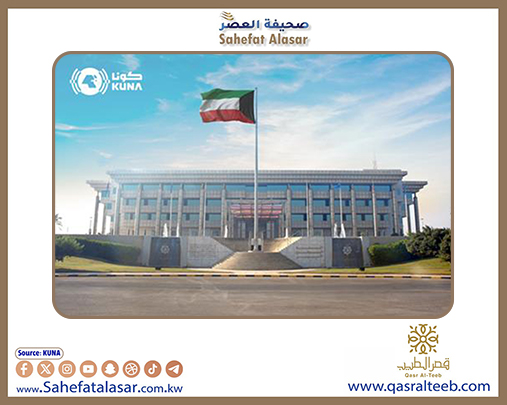


The State of Kuwait is marking a pivotal milestone in its efforts to enhance road safety as the new Traffic Law, issued under Decree-Law No. 5 of 2025, comes into force today, Tuesday. The law introduces a comprehensive set of provisions designed to establish an effective legal framework for regulating traffic operations with greater efficiency.
The new law responds to the alarming rise in traffic violations and accidents in recent years, aiming to foster a culture of responsible driving while keeping pace with evolving road systems and the expansion of Kuwait’s road network.
Expanded Police Authority
Officers are now authorized to arrest individuals who:
Run a red light.
Use a vehicle for unauthorized purposes.
Operate unlicensed taxi services.
Drive recklessly or negligently, endangering lives or property.
Drive without a valid license, with a suspended license, or without required permits.
Exceed the speed limit by more than 50 km/h.
Drive off-road vehicles (baggiat) in prohibited areas.
Increased Fines
Running a red light: 150 KD (up from 50 KD).
Parking in disabled spots: 150 KD (up from 10 KD).
Using a phone while driving: 75 KD (up from 5 KD).
Not wearing a seatbelt: 30 KD (up from 10 KD).
Reckless driving: 150 KD (up from 30 KD).
Non-Negotiable Violations (Referred Directly to Court)
Category 1: Driving under the influence of alcohol, drugs, or mind-altering substances—penalties include:
A fine of 1,000–3,000 KD and imprisonment for 1–2 years.
Category 2: DUI causing property damage—penalties include:
A fine of 2,000–3,000 KD and imprisonment for 1–3 years.
Category 3: DUI causing injury or death—penalties include:
A fine of 2,000–5,000 KD and imprisonment for 2–5 years.
The explanatory memorandum notes that the previous traffic law (Decree-Law No. 67 of 1976) was last amended in 2001, failing to address modern traffic challenges. Rising violations, reckless driving, and increased accidents—coupled with Kuwait’s expanding road network—necessitated stricter penalties to ensure deterrence.
The memorandum highlighted that when Decree-Law No. 55 of 1999 (which imposed harsher penalties) was temporarily enforced between November 6–11, 1999, traffic violations and accidents significantly decreased—proving the effectiveness of stricter measures.
The Ministry of Interior has launched an extensive awareness campaign since the law’s announcement, utilizing traditional media, social media platforms, and multilingual messaging to educate the public. Media briefings with officials have also been held to emphasize the law’s role in creating a safer traffic environment.
This landmark legislation represents Kuwait’s commitment to reducing road fatalities and promoting responsible driving through deterrence, enforcement, and public education.
